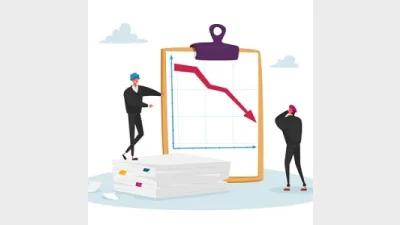Six funds identified as poor performers by APRA



Six superannuation funds have been identified as under-performing by the latest heatmap from the Australian Prudential Regulation Authority (APRA).
The annual heatmaps evaluated MySuper product performance over the past eight years in investment returns, fees and costs and long-term sustainability of member outcomes.
A fund was classified as poorly performing if it lagged benchmarks by an average of more than 0.5% per annum.
The poorly-performing funds were BT Super MySuper, Westpac Group Plan MySuper, Energy Industries Superannuation Scheme (EISS) Balanced MySuper, AMG Super, Commonwealth Essential Super and First Choice Employer Super.
These funds accounted for a combined 5.5% of total MySuper member accounts and APRA said around 800,000 members sat in a poorly-performing fund. However, there were 350,000 fewer than in 2021.
Meanwhile, fees and costs had fallen for most MySuper products with an estimated 8.1 million members seeing a drop in fees and costs in the past year.
Some 28 MySuper products had closed since the first heatmap in 2019 with 1.5 million member accounts being transferred to other products.
APRA deputy chair, Margaret Cole, said: “Since its introduction, we have seen costs to members reduced, many underperforming products closed, and a drop in the number of members in funds with significantly poor investment performance.
“However, there are still hundreds of thousands of members in funds with sub-par investment performance, and the industry has serious sustainability issues to address.
“APRA expects that trustees with underperforming products will consider options to transfer members or otherwise restructure their businesses, particularly where sustainability pressures are significant,” Cole said.
Recommended for you
The ATO has revealed nearly $19 billion in lost and unclaimed super, urging over 7 million Australians to reclaim their savings.
The industry super fund has launched a new digital experience designed to make retirement preparation simpler and more personalised for its members.
A hold in the cash rate during the upcoming November monetary policy meeting appears to now be a certainty off the back of skyrocketing inflation during the September quarter.
The peak superannuation body has announced the appointment of Peter Chun, CEO of UniSuper, to its board of directors.










